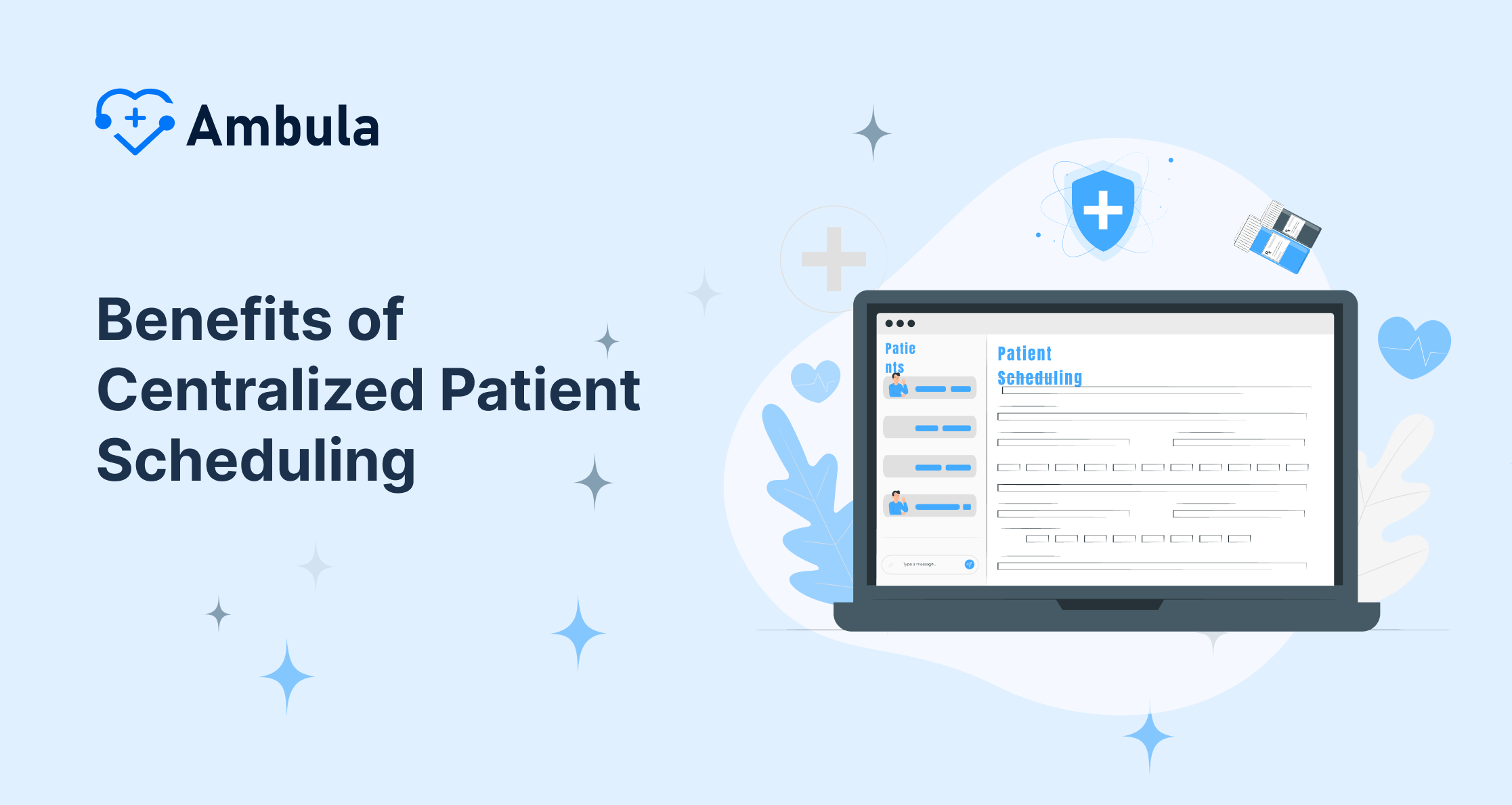A medical scheduler, also known as a medical appointment scheduler or patient scheduling software, plays a crucial role in the day-to-day operations of healthcare facilities. Its primary purpose is to streamline the patient scheduling workflow, making it easier for patients to schedule appointments and for healthcare staff to manage the scheduling process.
- What is the Role of a Medical Scheduler?
- Benefits of a Medical Scheduler
- Key Features of a Medical Scheduler
- Improving the Patient Scheduling Workflow
- Cloud-based or Installed on Local Computers
- Medical scheduling software
- Choosing the Right medical scheduling software
What is the Role of a Medical Scheduler?
The role of a medical scheduler is to simplify and improve the scheduling process for patients and healthcare staff. Patients can easily schedule appointments using a medical scheduler, while healthcare staff can manage the scheduling process with greater efficiency and accuracy.
Check out these articles after you’re done
Benefits of a Medical Scheduler
- Improves patient experience by making it easier to schedule appointments
- Streamlines the scheduling process for healthcare staff
- Increases efficiency and accuracy in appointment scheduling
- Enhances patient care by allowing healthcare staff to focus more on providing care
Key Features of a Medical Scheduler
- Appointment booking
- Appointment reminders
- Patient records management
- Appointment scheduling reports
Improving the Patient Scheduling Workflow
A medical scheduler is designed to improve the patient scheduling workflow by making it easier for patients to schedule appointments and for healthcare staff to manage the scheduling process. By using a medical scheduler, healthcare facilities can expect a significant improvement in the efficiency and accuracy of their appointment scheduling process.
Cloud-based or Installed on Local Computers
Medical schedulers can be either cloud-based or installed on local computers. Cloud-based schedulers can be accessed from any location with internet access, while locally installed schedulers are only accessible from the computers they are installed on.
Medical scheduling software
Medical scheduling software is a tool or system that helps to schedule appointments, manage patient information, and organize the day-to-day operations of a medical practice or hospital. The primary purpose of medical scheduling software is to simplify and improve the scheduling process for patients and healthcare staff, making it easier for patients to schedule appointments and for healthcare staff to manage the scheduling process with greater efficiency and accuracy.
Choosing the Right medical scheduling software
When choosing medical scheduling software, it’s important to consider your healthcare facility’s specific needs and look for a product that offers the features and functionality you need. Additionally, it may be useful to compare different products on the market to find the one that best suits your needs.
When comparing different medical scheduling software, it’s important to look for features such as appointment booking, appointment reminders, patient records management, and appointment scheduling reports. Additionally, it may be useful to consider factors such as cost, ease of use, and customer support when making your decision.
Conclusion
A medical scheduler, or patient scheduling software, is becoming increasingly common in healthcare facilities due to its ability to streamline the scheduling process and improve patient care. Whether you are a healthcare facility or a patient, the benefits of using a medical scheduler are clear and undeniable.





